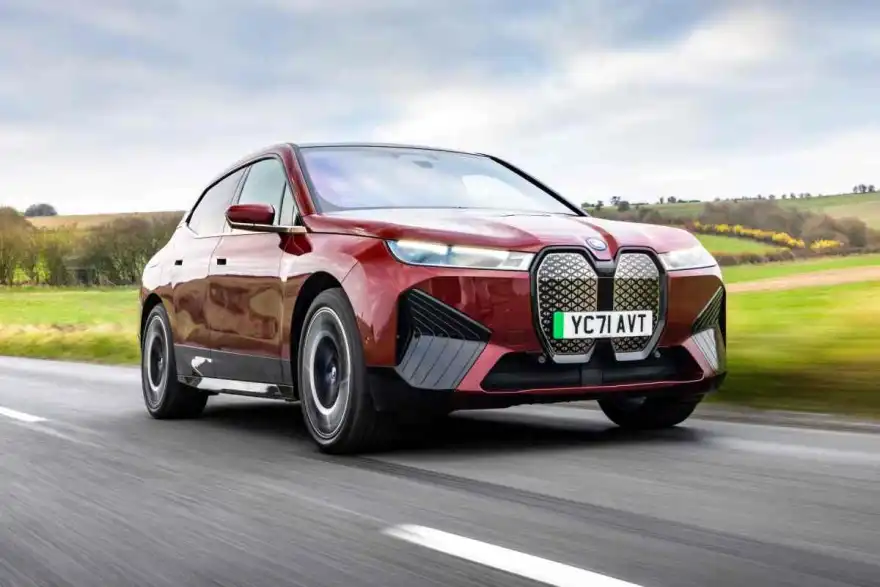
Electric car owners and drivers of other zero-emission vehicles will have to pay road tax for the first time as part of ‘eye-watering’ plans to raise £7bn.
The move will prove to be extremely controversial with both motorists and the automotive industry given no tax is one of the main drivers in people choosing to buy electric.
The Chancellor has warned of tough times ahead and the £7bn that they’re going to try and get by applying road tax to zero emission vehicles is just to fund part of the wider £54bn ‘black hole’ in the UK’s finances.
It is expected that we will be going into a recessions although Mr Hunt said that he will be working to make a possible recession ‘shallower and quicker’ in next week’s Budget.
Some Tory MPs fear that raising taxes and cutting spending will only make the recessions worse, however.
Sir John Redwood said: ‘Treasury briefings say they need to clobber us with more taxes to cut demand. Meanwhile in the real world we worry about the approaching recession.
‘Why does the Treasury drive by looking in the rear view mirror instead of seeing they are steering us into a downturn?’
A former Tory Cabinet minister added: ‘The Chancellor is talking about filling in a hole while he’s still digging it. The more taxes he raises, the deeper it will be.’
The new tax on electric vehicles was predicted by ourselves and many others who knew it was a matter of when, and not if, that something would need to be done to prevent the government from losing huge revenue sums given more and more motorists are adopting zero-emission vehicles.
Electric vehicles are exempt from both the annual £165 VED standard rate and the £335 ‘premium supplement’ levied on new cars costing more than £40,000.
Figures suggest there are almost 600,000 electric vehicles on the UK’s roads and they now account for one in six new cars sold. A further 430,000 plug-in hybrid cars also pay a reduced rate of road tax.
Labour’s shadow chancellor Rachel Reeves described yesterday’s growth figures as ‘another page of failure in the Tories’ record on growth’.




